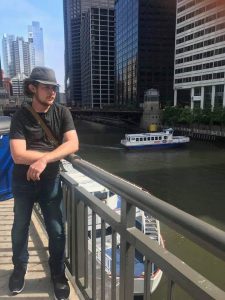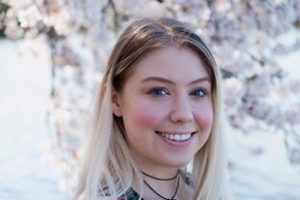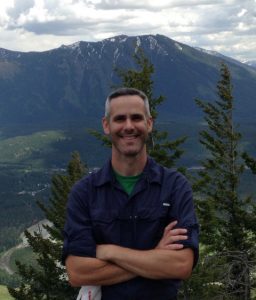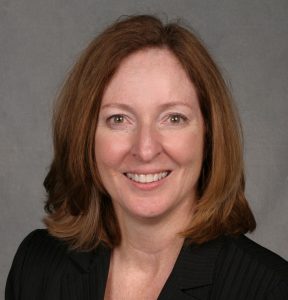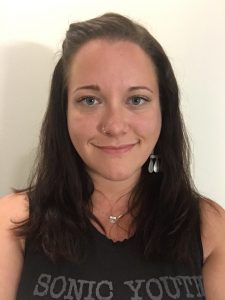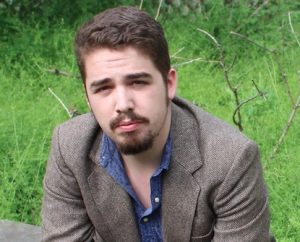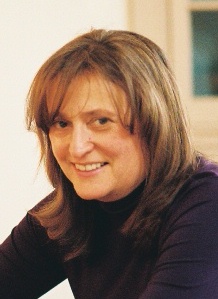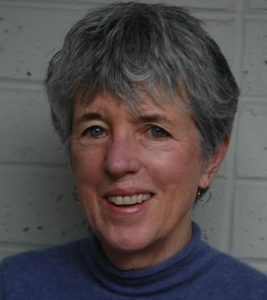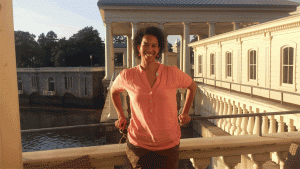
Homage to John Coltrane
Times when it got too tough to tame my toddler daughter,
we drove out to a place she called the indoor playground,
because it was—a gilded age mansion, mansard roof
and all, gutted and filled with toys, dolls, board games, fully
stocked, itty-bitty kitchens, soporific gliders.
The basement was jammed with scooters and trikes and big wheels,
bumper-to-bumper around oval lanes, casualties
off to the side bawling. It had my favorite things,
she said, as we motored through the city neighborhood
called Strawberry Mansion, turning on 33rd Street,
cruising by the onetime brick row home of John Coltrane,
the cynosure of a dilapidated quartet—
marked by a plaque visible only from the porch stoop.
Leonard Kress has published poetry and fiction in Missouri Review, Massachusetts Review, Iowa Review, American Poetry Review, Harvard Review, etc. His recent collections are The Orpheus Complex and Walk Like Bo Diddley. Living in the Candy Store and Other Poems and his new verse translation of the Polish Romantic epic, Pan Tadeusz by Adam Mickiewicz were both published in 2018. Craniotomy will appear this fall. He teaches philosophy and religion at Owens Community College in Ohio.
